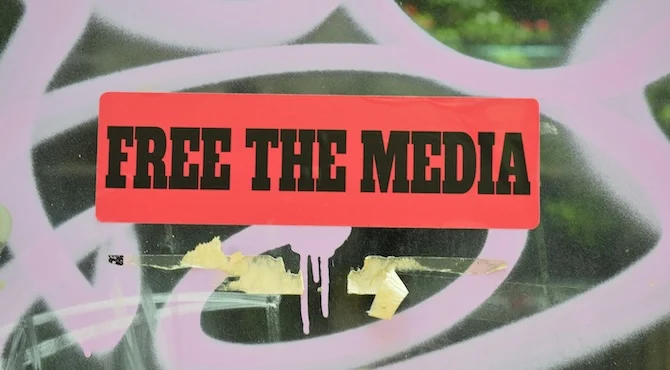The First Amendment gives every member of the public the right to access court records and proceedings. As the Supreme … Read More


The First Amendment gives every member of the public the right to access court records and proceedings. As the Supreme … Read More

Now that The White Lotus has wrapped, talk of Duke University is fading. But as attorneys who love both Duke … Read More

A long-running legal battle between The Satanic Temple and Newsweek has finally wrapped up—with the firm’s client, Newsweek, emerging on … Read More

Casino magnate Steve Wynn took a big swing at overturning a landmark press freedom ruling, but the Supreme Court basically … Read More

When Florida voters approved a constitutional amendment known as “Marsy’s Law” – named for Marsy Nicholas, the UC Santa Barbara … Read More

Even as plaintiffs in defamation cases attack the actual malice standard, they often mistake what “actual malice” really means. A … Read More